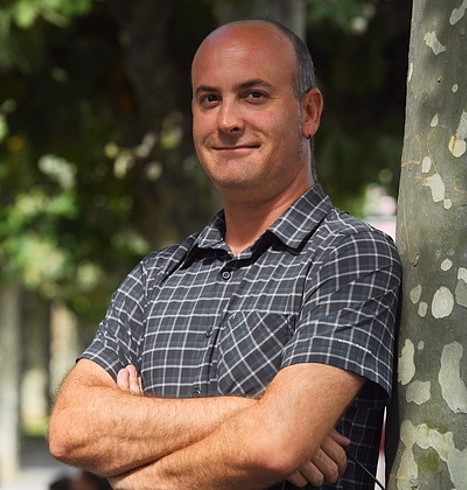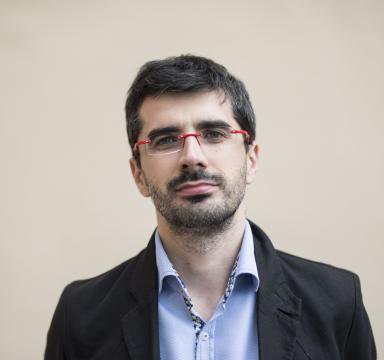Criminalizing Immigration Activism and Crimes of Solidarity
Associated with:
Crimmigration processes and criminalizing practices extend beyond borders, and are inherent to national regimes. Dissuasion techniques and sanctions from states are additional difficulties that can impede legal mobilization. The panelists will reflect on these multiple challenges, faced by activists who advocate for migrants and refugees.
Speakers:
- Iker Barbero, Associate Professor in Administrative, Constitutional and Philosophy of Law at the University of the Basque Country, Spain

Abstract: Taking the Spanish and French case as an example, the objective of this talk is to analyze the “crimmigration” of protest and activism defending the rights of irregular immigrants both at Europe’s southern external border and well as its internal border with France. This analysis describes the development and implementation of the repressive tactics employed by the state against activists, including forms of police control of protests, informal and formal dissuasion techniques and the use of administrative and criminal sanctions. This work provides valuable insight into the practical impact of these crimmigration processes, particularly how they have affected activists, social organizations and immigrants, how they have extended beyond
- Sharry Aiken, Associate Professor at Queen's Law (Canada) with a cross appointment to Cultural Studies.

Abstract: Over the past several decades, efforts to criminalize/combat both the “smuggled” and the “smugglers” have intensified in the global north. The growing salience of border control as “law and order politics” and an increasingly transnational strategy of preemptive exclusion for “self-selected” refugees, threaten to undermine the very foundations of asylum. The British government’s controversial Nationality and Borders Bill, the 2019 arrest of Sea Watch captain Carola Rackete, the prosecution of hundreds of Danes for giving asylum seekers lifts around the country in 2016 or the 2019 conviction of “No More Deaths” volunteers for leaving food and water for migrants crossing the Arizona Desert, are just a few examples. In Canada, the efforts of border enforcement officials to criminalize refugee mutual aid and acts of solidarity by humanitarian actors were defeated in a pair of groundbreaking judgements (R. v. Appulonappa; and B010 v. Canada) by the Supreme Court several years ago. My paper will examine the Palermo Protocol on Migrant Smuggling, Canada’s anti-smuggling laws and the successful court challenges that served to contain the reach of these measures. While legal challenges rarely produce transformative systemic change, strategic litigation has played an important role in protecting refugee and migrant rights in the Canadian context.
- Agnieszka Kubal, Lecturer in Sociology, School of Slavonic and Eastern European Studies, University College London, UK and Witold Klaus, Head of the Department of Criminology at Polish Academy of Sciences in Warsaw.
Witold Klaus will talk about criminalisation of solidarity in law and in practice in the context of the recent migration ‘crisis’ at the Belarussian border, and Agnieska Kubal will talk about its (un)intended consequences – crimes against migration activists and media people in Poland by local vigilante groups.


You can register here.


 Add to calendar
Add to calendar


